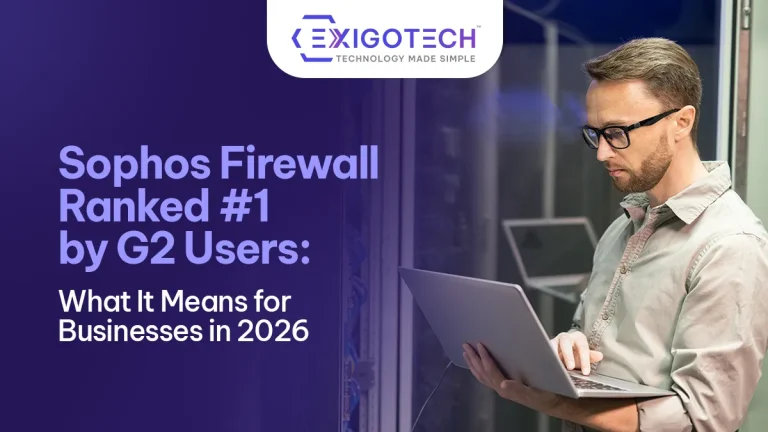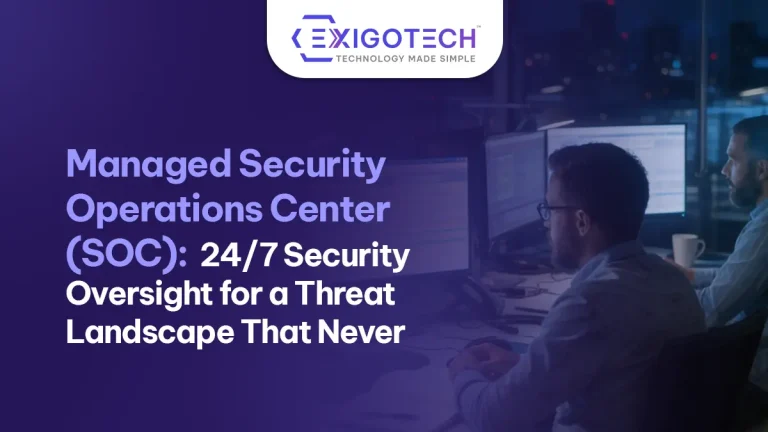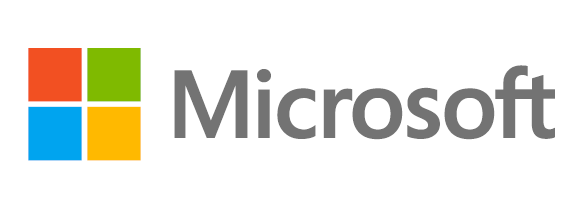In my last article, my emphasis was on the need of cybersecurity for small businesses. With cyberthreats on the rise, we are no longer safe from cyberattacks and to safeguard the business is top priority for organisations of all sizes. While you already know what’s at stake from the previous article, I have included below 7 best practices that every small business needs to know about to stay secure. Read below to know what you can do to minimise your risk.
7 Best practices for small businesses to stay secure
-
Protect all your sensitive information with security practices and policies
Put cybersecurity policies in place and make sure all your employees know how they should handle company information and what the consequences could be of not complying to the set procedures. Categorise these policies and have your employees sign them to confirm their understanding and enforce compliance.
-
Educate your employees about cyberthreats and hold them accountable
While you commit to keeping your employees updated with security policies, employees need to be educated about changing online threats, safe use of social networking sites and other aspects of cybersecurity education to protect your business data. You should also have your employees use strong passwords and change them often for added security.
-
Secure your premise physically and protect your assets
Physically securing your office space is an important aspect of security. Make sure that only authorised employees have access to your business devices. Also ensure that your physical assets are locked up, when unattended. Administrative rights should only be given to trusted IT staff and key members of your team. Make sure each of your business devices are equipped with antivirus software and antispyware. Patches and updates to your security products also need to be scheduled periodically to improve functionality.
-
Secure your networks and your connected workplace
The new connected workplace introduces a high level of risk for businesses of all sizes. Unsecure entry points are often exposed to the bad guys. You need to safeguard your internet connection by using a firewall and encrypting information, your Wi-Fi network needs to be secure and hidden and your router needs to be password protected. Your security protocols need to be updated if you have data storage on the cloud. And if an employee has to remotely access your company’s network, make sure it is through a virtual private network (VPN) only.
-
Back up your data
Regularly backup the data on all your computers. Your business is defined by your data and business continuity is key during a cyber disaster. Ensure all your data is backed up automatically and periodically, either offsite or on the cloud.
-
Control your remote workforce and have BYOD policies in place
You can have the firewalls in place, but what happens when your remote workforce comes into play? Your remote workforce is going to access the corporate network on their own device and that’s where mobile devices can create significant security challenges. Sound BYOD policies can help to maintain the productivity while keeping your business secure. Make sure your team understand the need to use strong email passwords, have screen locks, install security apps and update security apps on their devices frequently to prevent cyberthreats. Authentication for employees is a must as well while logging into your secure network. Also have reporting procedures in case any device is lost or stolen.
-
Bring in the experts
With the changing scenarios, you can no longer maintain a legacy security posture. While you many not want a full-time cybersecurity expert on staff, you can always bring in the expertise through third-party vendors. You can get a handle on the cyberthreat scenario, get various protocol updates as well as a detailed security assessment. All this without paying steep charges for a full-time expert. And even if you do have an in-house team, a second set of eyes will always help identify risks and provide alternative solutions to secure your business.
Technology has redefined everything we know, from the way we communicate, to the way we do business. Why take the risks! Installing an anti-virus is just not enough anymore. And staying complacent is not an option. Let the experts from Exigo Tech help you build a rock-solid, secure business. Contact us today to assess your threats, define the path and secure your business.
 Philippines
Philippines Australia
Australia Singapore
Singapore India
India Vivek Trivedi | Apr 23, 2018
Vivek Trivedi | Apr 23, 2018



 Exigo Tech - Ask AI
Exigo Tech - Ask AI







